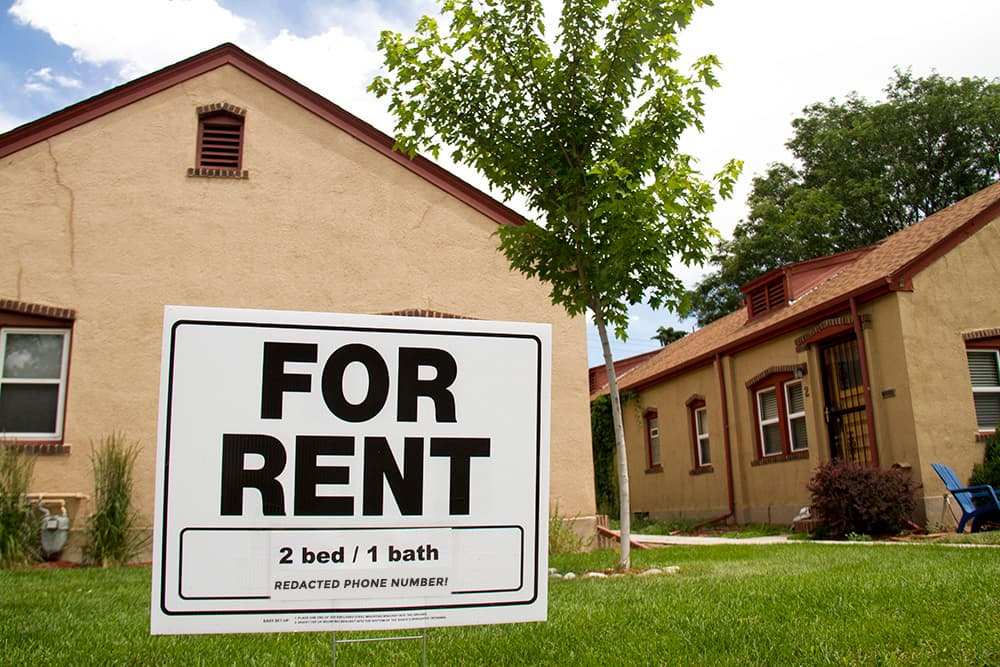For the first time in a decade, rents went down in metro Denver.
The median rent for an apartment dropped 1.4 percent to $1,454 between the first quarter of this year and the quarter that started with the arrival of the coronavirus, according to a survey conducted by the University of Denver's Daniels College of Business and Colorado Economic and Management Associates and coordinated by the Apartment Association of Metro Denver. The median also dropped slightly over the year from $1,462 in the second quarter of 2019.
"For rents to go down is unusual," said Mark Williams, executive vice president of the Apartment Association of Metro Denver, a landlords industry group. "It's the first time they've gone down in about a decade."
The decrease was sharpest for newer apartments, which tend to be more expensive. According to the survey, the average rent for a unit built in 2010 was $1,840 in the second quarter, 5 percent less than in the first quarter.
"There's probably no denying that the pandemic and the subsequent economic impact has had its affect on the apartment industry," Williams said.
He said other reasons for the drop include that building of new units was finally catching up with demand.
The survey also looked at the rate at which tenants are paying rent, amid concern that joblessness will lead to a wave of evictions. It found 92.6 percent of renters were able to pay the rent in April, 95.2 percent in May, 95.4 percent in June and 93.9 percent so far in July. Williams said he expected the July figure to rise over the course of the month as some landlords were allowing tenants to pay later or pay in installments.
Landlords are "in the business of renting apartments," Williams said. "They don't want empty units."
Williams said the impact of people leaving units in search of cheaper housing has not yet been seen.
"I think that could be a little bit more of a trend" later, he said.
He said people were still moving to the Denver area from other states and other parts of Colorado and landlords and managers were continuing to show apartments, sometimes virtually to try to slow the spread of COVID-19.
"There's still action," Williams said. "There's still people moving into rental housing."
The survey found that the average overall vacancy was 5.1 percent, down from 5.9 from the previous quarter and flat compared to a year ago. Traditionally the vacancy rate is higher in the first quarter compared to later in the year, according to the apartment association.













